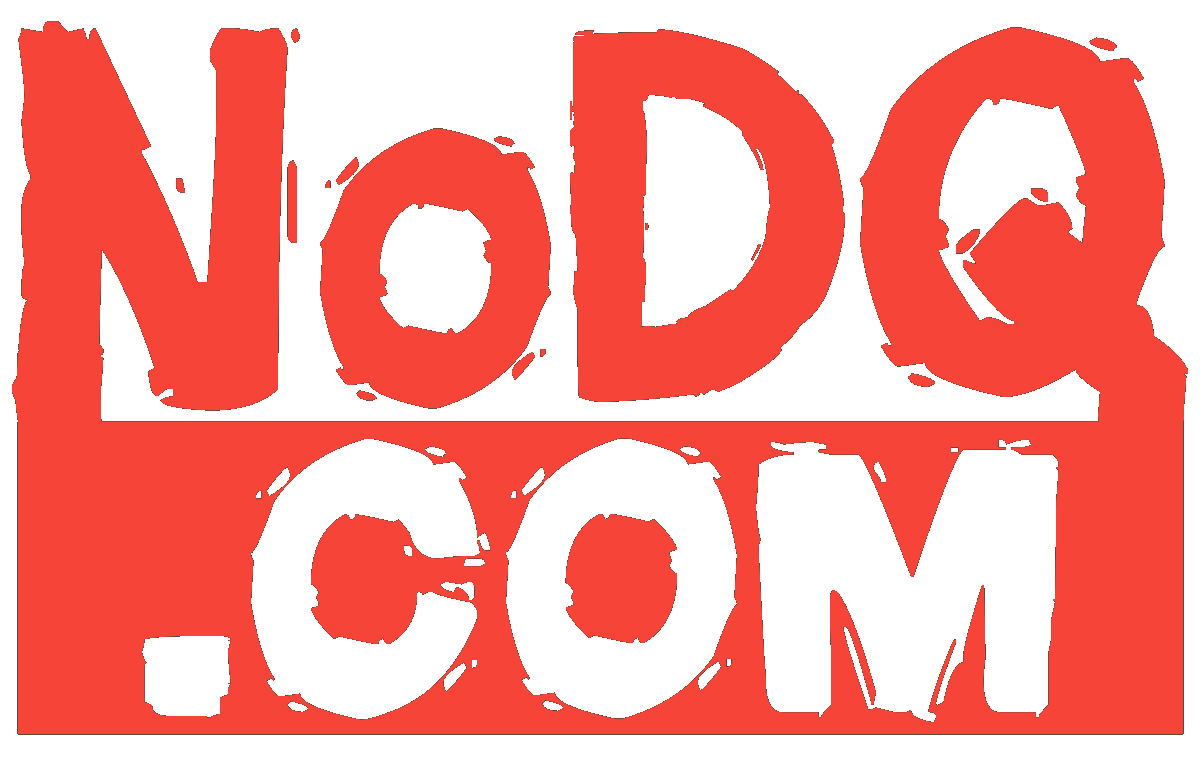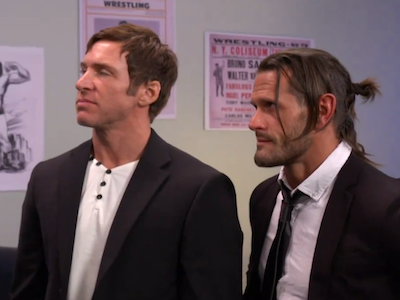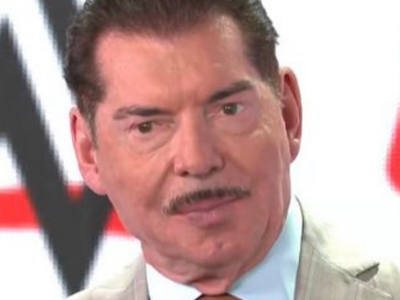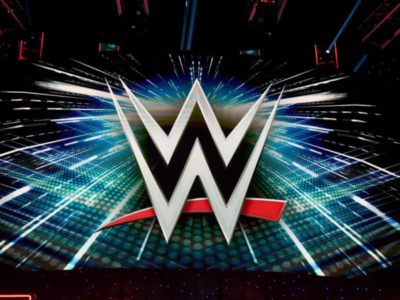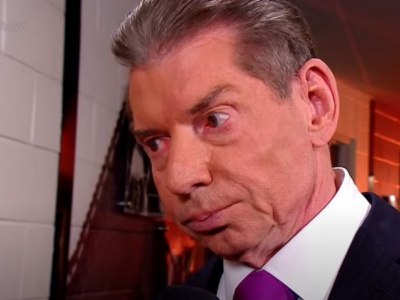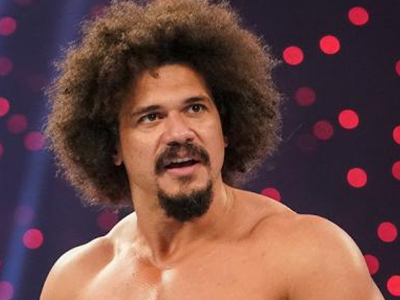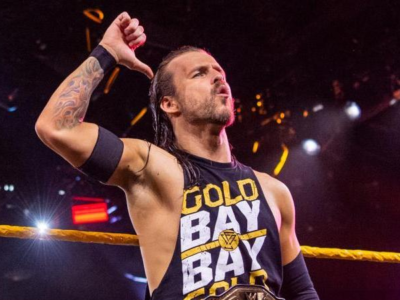Would Professional Wrestling Benefit From a Governing Body?

Welcome back!
Last week I wrote up a piece regarding the positives and negatives of an AEW/WWE merger. This was an opinion article that stemmed from another article, which stemmed from a Mr. Tito column which resulted in his latest: ASK TITO: Vince McMahon’s Recent Settlement, Triple H’s Role, AEW & WWE Merger?, The Rock, and More
We’re all just playing tag right now.
With all of this, there has been some great discussion in the comments section from fellow columnists James Bones, Richard Othen, and some other intelligent wrestling fans that should consider writing for the site. Yes, wrestling fans can have mutual disagreements and not try to tear each other down like 11-year-olds in the process.
A fantasy wrestling merger was mistaken for a monopoly, and as stated — I do not want a monopoly. However, a merger was seen as too close by many to be a monopoly. So let’s try something else…
How about a governing body? Trust me, there is a point to this. It’s not a monopoly, and it’s not a merger. And let’s face it — wrestling is at a point in its history where it needs a little kick in the ass — and this just might do it.
So let’s have some fun. This is all speculation, but a continued thought experiment…
–
Does Wrestling Need This?

Question:
How long are we going to sit here and just reminisce in the “good ol’ days” of pro wrestling as ratings and attendance continue to slope downwards for all brands? I’m sorry, but Jim Cornette, Eric Bischoff, and Vince Russo, alone, do not have the magic answers here. If they did, they would be doing it.
Yes, AEW Dynamite and WWE Raw and Smackdown all achieved higher average viewership in 2022 compared to 2021. That’s a win, though the increases were quite minimal. But in the grand scheme of it all, pro wrestling is on a long-term nosedive when it comes to fan interest.
Honestly, this is perfectly okay (to an extent). Wrestling is a niche form of entertainment, and it doesn’t have to be on the scales of where it was during the 80s and late 90s. But as streaming services become the norm, and the attention of society is split more than ever over various forms of entertainment, professional wrestling will likely live in this smaller niche spot for many years to come.
Simply booking a show a certain way, or pushing the right stars, is NOT going to suddenly skyrocket the industry. So what’s left to do that hasn’t really been done?
Enter a pro wrestling governing body…
–
What’s the Point of a Governing Body?

The National Collegiate Athletic Association is an example of a governing body. Regardless of what you may think of them, they do serve an important purpose. According to their website, the NCAA: ‘provides recommendations and guidelines to ensure college athletes are getting the best care possible’.
Other examples include the United States Olympic and Paralympic Committee, the National Association of Intercollegiate Athletics, and the Fédération Internationale De Football Association (FIFA).
But let’s not use FIFA as an example. They’re corrupt bad news bears and nobody likes them.
But going back to the NCAA and that magical line: provides recommendations and guidelines to ensure college athletes are getting the best care possible – now replace ‘college athletes’ with ‘professional wrestlers’.
Is this possible, and is it necessary? And furthermore, does this continue to condense the powers-that-be of pro wrestling into one box? If we were to create a governing body, does it still count as some level of a monopoly, and does that hurt competition?
Competition is good for pro wrestling after all…right?
Well…
–
The Competition Myth

‘But competition is good for pro wrestling!’
…no it’s not.
It’s a myth.
The Monday Night Wars offered up the only legitimate competition in wrestling history because two major networks were fighting for viewership at a time where TV ratings were everything. TV ratings are still important; but not nearly as they were 20+ years ago.
If we take a look at history, we see a much different story:
Examples of “Competition”
-The NWA was investigated in 1956 by the DOJ for illegal practices, including blacklisting and blocking competition. The NWA Consent Decree of 1956 shaped wresting moving forward as a result.
-During the 1980s, Vince McMahon effectively bought out his competition by luring top talent from local territories to the WWF. This would lead to multiple defunct wrestling promotions, including WCCW, Stampede Wrestling, CWF, and the AWA — among many others.
-On July 14th, 1984, McMahon would buy the TBS timeslot for Georgia Championship Wrestling’s WCW, and replace it with matches from the WWF. This is known as “Black Saturday”.
-On November 26th, 1987, NWA’s largest event, Starrcade, would air LIVE on PPV for the first time ever. In response, McMahon purposely created Survivor Series in efforts to take away PPV viewership from the show. He even went as far to threaten other cable providers not to air Starrcade, to which many obliged.
-In 2001-02, McMahon would purchase World Championship Wrestling and eventually, Extreme Championship Wrestling.
-After this, a monopolized wrestling industry would see no growth, and a continued steep decline of viewership, attendance, and fanfare for nearly 20 years. Any potential competitor (TNA Impact, Ring of Honor, etc.) were not seen as legitimate threats.
Overall, McMahon has fought tooth and nail for no other competition to exist as long as he’s alive. Is competition good for the industry without Vince McMahon? Perhaps, but this is an industry where McMahon is mostly at the helm of WWE to this day. Or perhaps competition isn’t necessary in a wrestling world where Vince McMahon doesn’t hold any power.
Competition can lead to greed; and it often does…
To quote C.M. Punk:
I’d like to think that maybe this company will better after Vince McMahon is dead.
Maybe working together in unison is the better way to go? Wrestling promotions outside of WWE have worked together for decades without issue. This includes Japan, Mexico, and many throughout the United States, including AEW and Impact, currently. They all work together to elevate each other’s brands.
It truly seems like everyone can mostly get along, share talent, and do what’s best for the industry — except for WWE and Vince McMahon…
–
Benefits of a Governing Body

What if a larger governing body came together to help promote and develop the best interests of professional wrestling around the world? Call it the Universal Wrestling Alliance, or insert your own name. The name isn’t important. However, a larger governing body could help set the standards for:
-Company provided wrestling health insurance
-Pro wrestlers rights (A wrestlers association or union)
-Paid vacations/time off
-The elimination of “Independent contractors” in limited parts of the industry
-A lighter and safer schedule
Furthermore, as mentioned in my previous article, the opportunity for Supercards and talent exchanges.
WWE would not likely be on this board. I say this because Vince McMahon (and likely Paul Levesque) would never associate themselves with any perceived competitor. This exists outside of the ‘WWE Universe’ so it’s lava to them.
If I’m speculating, the governing body would consist of Tony Khan (AEW), Takami Ohbari (New Japan), David Sahadi (Impact), Rossy Ogawa (Stardom), Sanshiro Takagi (Noah/DDT/TJPW), Court Bauer (MLW), Marisela Peña (AAA), Brett Lauderdale (GCW), Billy Corgan (NWA), and Jeanie Buss (WOW).
This governing body could share resources, research, analytics, talent, and work together in efforts to make professional wrestling the best it can possibly be. It’s the basic sentiment of “stronger together”, and it seems like everyone else in the industry gets this…
–
Going Home
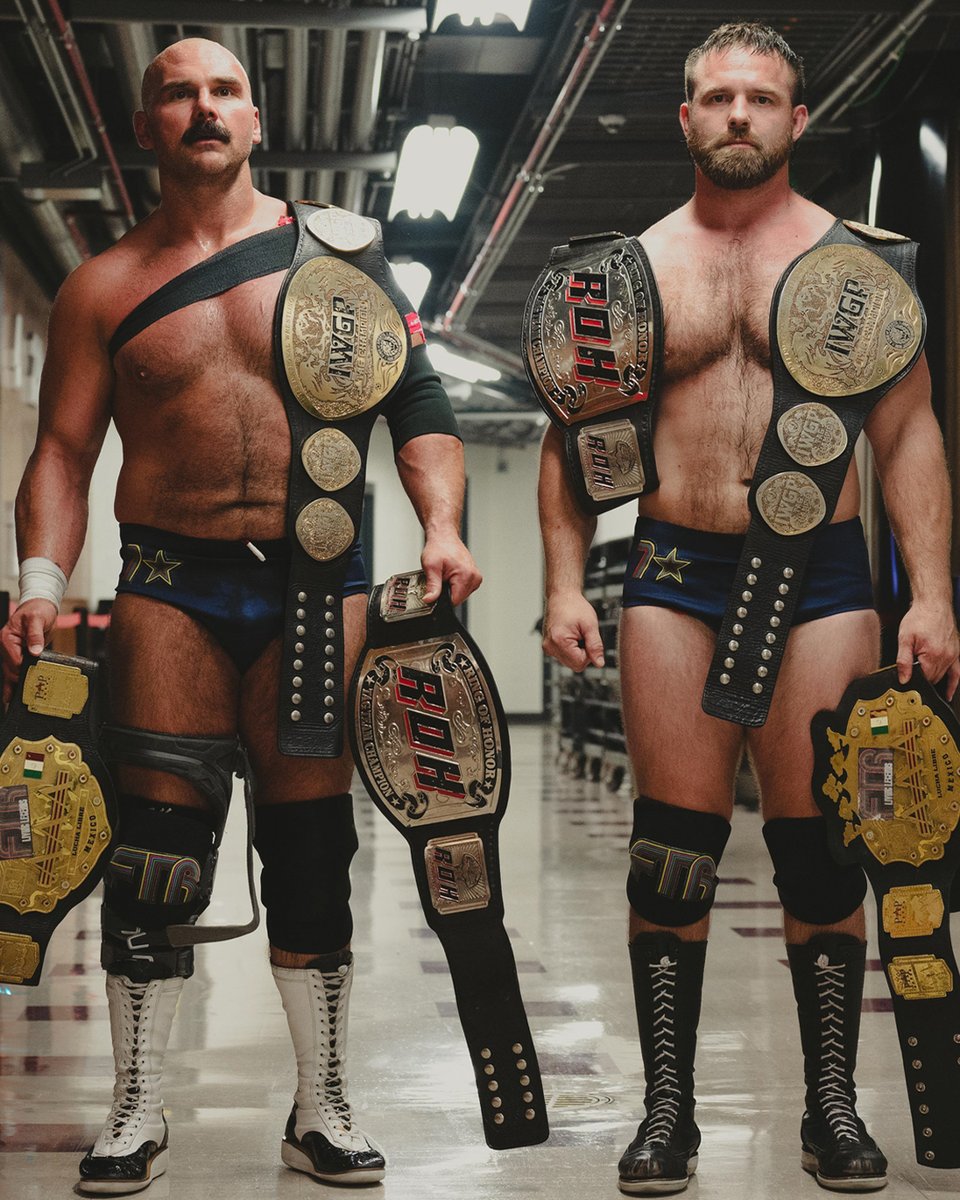
In 2022, FTR cemented themselves as one of the greatest tag teams to ever grace the business. They did this not as a part of WWE, but as a part of a promotion that simply wants to work with others for the sake of the business.
I would love to see WWE get on board with a governing body. But at this moment, I don’t see this ever happening. The bottom line is just too important in Stamford. But here is the possible end result, otherwise:
-WWE stays in their bubble. Their base continues to plateau/decline (as it has for two decades). There is no large growth.
-AEW stays in their larger universe with working relationships. Growth is plateaued because not everyone has time to be a hardcore, nerdy, wrestling fan.
-Growth for both major promotions continues to be minimal at best.
-The influence of a continued potential WWE decline perceptually negatively affects the rest of the industry, since WWE is still the #1 promotion.
OR…
We find a way to bring all the fan bases together under one working relationship.
This isn’t a monopoly or merger. It’s a way to save professional wrestling by having literally everyone throw their hats in the ring for the sake of the future. Simply put, there are more possibilities in a governing body where everyone works together, than to keep up a façade of “competition” where the sport is hurt overall.
Pipedream? Probably. But is it best for business? I think so.
-T5W
Hate mail: t5wrestling@proton.me
